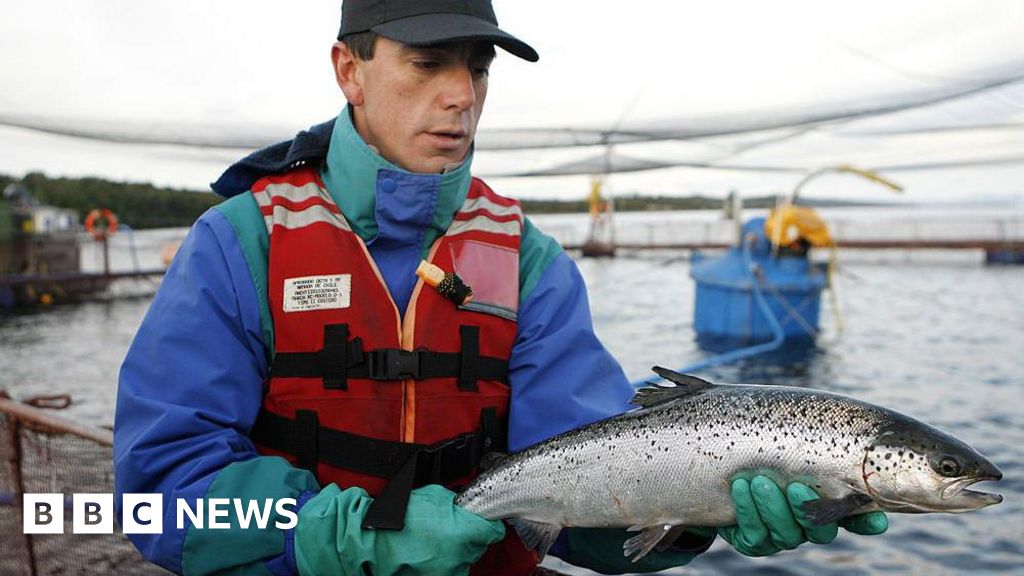Receive free US-China relations updates
We’ll send you a myFT Daily Digest email rounding up the latest US-China relations news every morning.
Janet Yellen says there is “ample room” for US and Chinese companies to boost trade and investment, despite security tensions, during a trip to Beijing aimed at easing friction between the two powers.
Speaking at the Diaoyutai State Guest House in Beijing at the opening of her meeting with Chinese economic tsar He Lifeng on Saturday, the US Treasury secretary said a “wide swath” of the two countries’ economies should be able to interact in ways that were “uncontroversial to both governments”.
“The fact that despite recent tensions we set a record for bilateral trade in 2022 suggests there is ample room for our firms to engage in trade and investment,” Yellen said.
When she addressed He and his economic team in a cavernous room in the guest house, Yellen repeated her call for Beijing and Washington to enhance communication, including on macroeconomic and financial stability.
“Amid a complicated global economic outlook, there is a pressing need for the two largest economies to closely communicate and exchange views on . . . various challenges,” Yellen said.
Yellen and her team dined with He and other senior Chinese officials on Saturday evening after their meeting, which lasted almost five hours.
Yellen was visiting Beijing just weeks after secretary of state Antony Blinken became the first Biden administration cabinet official to travel to China. The trips are part of an effort to stabilise relations, which have fallen to their lowest level in decades. An earlier attempt was derailed after China flew a suspected spy balloon over North America.
Yellen has attempted to tread a fine line, calling for enhanced communication while urging Beijing not to overreact to security measures that the Biden administration has taken to prevent American technology being used to help the Chinese military.
“The United States will take targeted actions to protect our national security. While we may disagree on these actions, we should not allow that disagreement to lead to misunderstandings, particularly those stemming from a lack of communication, which can unnecessarily worsen our bilateral economic and financial relationship,” she said.
Earlier on Saturday Yellen met Chinese climate finance experts. In her meeting, she said the US and China — the world’s two largest emitters of greenhouse gases and the largest investors in renewable energy — had “a joint responsibility . . . to lead the way”.
“If China were to support existing multilateral climate institutions like the Green Climate Fund and the Climate Investment Funds alongside us and other donor governments, we could have a greater impact than we do today,” Yellen said.
John Kerry, President Joe Biden’s special envoy for climate change, is expected to be the next senior American official to travel to China.
Yellen’s meeting with He is widely viewed as the most consequential of her four-day trip.
In addition to being the longest meeting, it gave her team a chance to learn about He, a protégé of President Xi Jinping who is relatively unknown outside China. He has kept a low profile in Chinese state media coverage since assuming the role in March.
He, who was appointed as vice-premier, succeeded Liu He as China’s economic tsar. While Liu was respected abroad for overseeing technocrats at the central bank and finance ministry, He’s experience was at the National Development and Reform Commission in charge of state planning.
He has advocated for greater openness to foreign investment but there are concerns that as a Xi loyalist he would be unlikely to push back against Beijing’s tendency to consolidate more control in the hands of state-owned enterprises.
The meeting also included Pan Gongsheng, the incoming head of China’s central bank.
Credit: Source link










